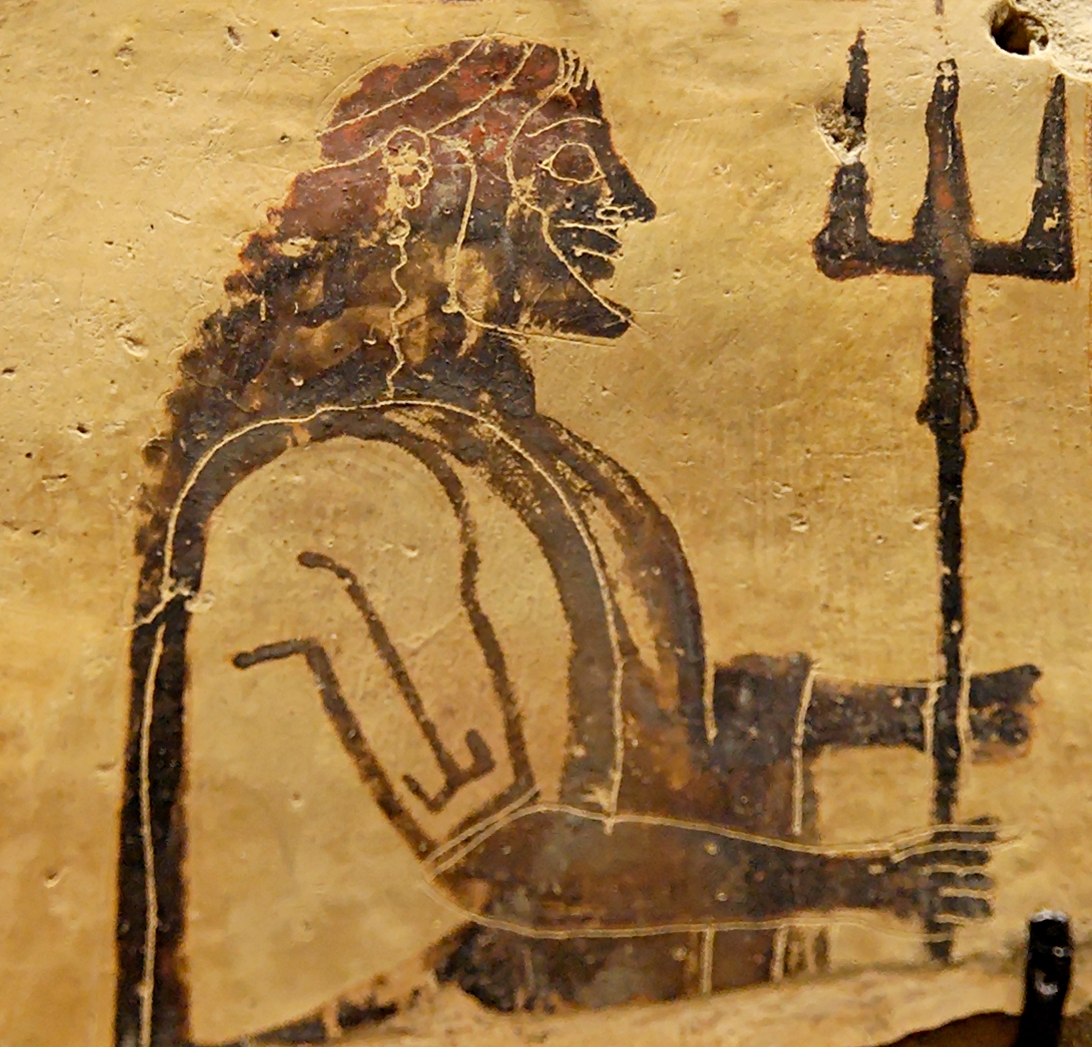Universal Versus Situational Ethics
The philosopher Immanuel Kant argued that ethical standards are categorical imperatives - that is, that ethical standards are universal and do not vary with the person, the situation or the context. By "categorical imperative," Kant meant that there are some acts that are always right and some acts that are always wrong. In the media age, people have a variety of beliefs about which ethical standards are valid and which are not. Members of contemporary culture have many different and often conflicting values. The use of rigid and universal ethical standards is not readily accepted in today's world. Yet the appeal of such standards is strong. Certain ethical standards such as honesty, respect and human dignity are widely accepted within the communication discipline.
John Stuart Mill provides us with a different view of ethical standards. Where Kant's standard is universal. Mill's standard is determined by the situation. Mill's principal of utility suggests that what is ethical is that which produces the greatest public good. Ethical standards may vary depending on the situation. In many cases, the president of the United States should not lie to the American people. When running for office, presidential candidates should not lie about their record or the records of their opponents. When trying to have legislation passed the president should not lie about the presumed effects.

In some situations it may be preferable for the president to lie. In times of war we do not expect our president to be honest about the timing of attacks. To be forthright at these times would endanger the lives of those involved in the mission as well as jeopardize the mission and the good that might come of it. Mill's principality of utility then, acknowledges ambiguity as to what is ethical.
The First Amendment
One universal ethical standard that we recognize today is the freedom of speech guaranteed by the First Amendment to the United States Constitution. The nation's founders viewed this amendment as a way to protect our democracy. This amendment influences how we think about news reporting, political communication, persuasive movements and other manifestations of persuasion. The first amendment is used by persuaders to justify unpopular communication.
End
|

No comments:
Post a Comment